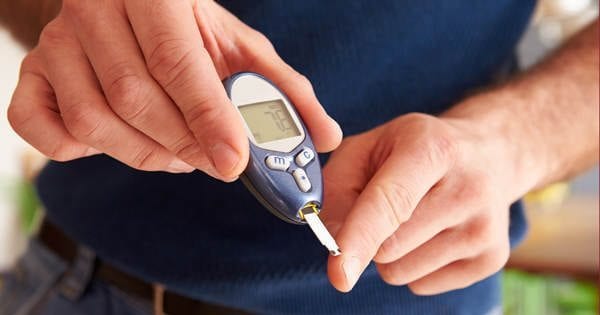A recent warning from the U.S. Food and Drug Administration (FDA) is calling attention to a newer class of Type 2 diabetes drugs that may cause a serious, possibly life-threatening condition called ketoacidosis. The class of drugs—called sodium-glucose cotransporter-2 (SGLT2) inhibitors—is believed to have been behind multiple cases of ketoacidosis reported to the FDA. Ketoacidosis occurs when the body produces high levels of blood acids known as ketones. The American Diabetes Association notes, “high levels of ketones can poison the body” and can lead to diabetic coma or even death.
SGLT2 inhibitors are a new class of drugs approved by the FDA for use along with diet and exercise to lower blood sugar in adults with Type 2 diabetes. The drugs cause the kidneys to remove sugar from the body through urine, which helps to lower an individual’s blood sugar level. The most common brand names include:
- Invokana® (Approved March 2013)
- Farxiga® (Approved January 2014)
- Jardiance® (Approved August 2014)
Other drugs in the class include Invokamet™, Xigduo XR™ and Glyxambi®, combination type 2 diabetes treatments that include an SGLT2 drug as one of its two components.
SGLT2 Inhibitors: Long-Term Effects Currently Unknown, but Some Red Flags
Because SGLT2 inhibitors are so new, long-term safety data is not currently available. Aside from the recent ketoacidosis warning, some patient safety advocates feel there have been other red flags that show SGLT2 inhibitors have the potential to cause harm.
For example, when Invokana (canagliflozin) was first released, the consumer rights group Public Citizen categorized the drug as “Do Not Use.” They argued that the risks outweighed the benefits and they felt evidence from randomized controlled trials of the drug suggested it may increase the risk of adverse cardiovascular events. Even members of a federal advisory panel who approved Invokana voiced concerns about possible side effects like elevated stroke risk, cardiovascular problems, and raising levels of LDL, or “bad” cholesterol. A recent report by the Institute for Safe Medication Practices (ISMP) also noted that there remain unanswered questions about the long-term safety of Invokana, including a potential increased risk for cardiovascular events.
Not the First Type of Diabetes Drug to Raise Health Concerns
Unfortunately, SGLT2 inhibitors are not the first class of diabetes drugs to raise potential health concerns for consumers. Another class of Type 2 diabetes drugs, which includes Byetta®, Januvia®, and Victoza®, are the subject of ongoing litigation over their potential link to pancreatic cancer. And just recently, Takeda Pharmaceuticals agreed to pay $2.4 billion to settle thousands of lawsuits alleging its Type 2 diabetes drug Actos® causes bladder cancer.
Sokolove Law Helps Victims of Dangerous Diabetes Drugs
Were you diagnosed with ketoacidosis or other serious injury after being prescribed a SGLT2 inhibitor like Invokana, Jardiance, or Farxiga? Contact us today for a free consultation by calling Sokolove Law toll-free, or by filling out the form on this page.
Invokana® is a registered trademark of Janssen Pharmaceuticals, Inc.
Invokamet ™ is a trademark of Janssen Pharmaceuticals, Inc.
Farxiga® is a registered trademark of the AstraZeneca group of companies.
Xigduo XR™ is a trademark of the AstraZeneca group of companies.
Jardiance® and Glyxambi® are registered trademarks of
Byetta® is a registered trademark of the AstraZeneca group of companies.
Januvia® is a registered trademark of Merck Sharp & Dohme Corp., a subsidiary of Merck & Co., Inc.
Victoza® is a registered trademark of Novo Nordisk A/S.
Actos® is a registered trademark of Takeda Pharmaceutical Co. Ltd.
Note: Do not change medications without first consulting your doctor.
